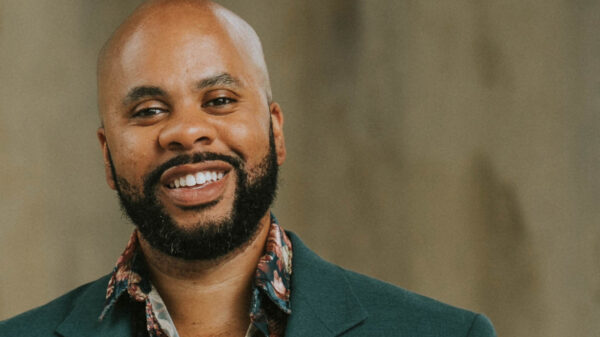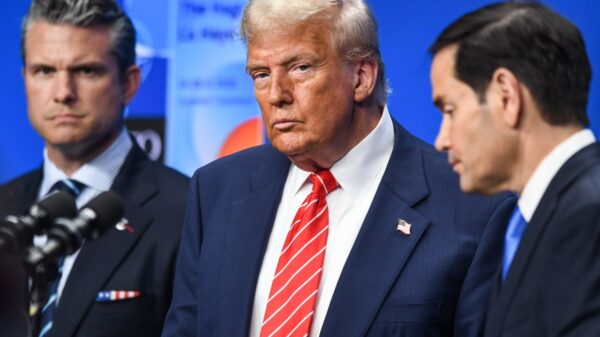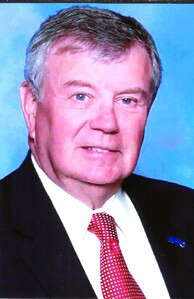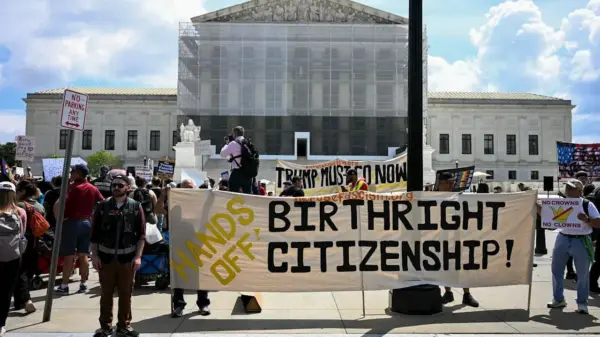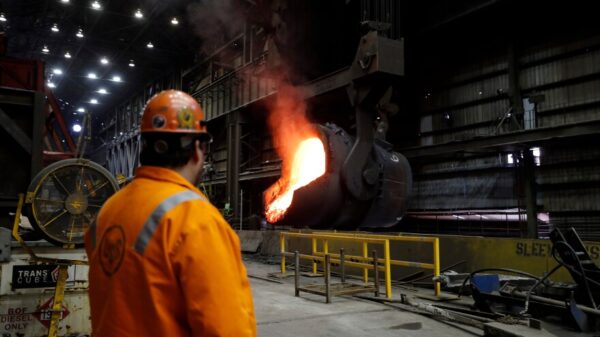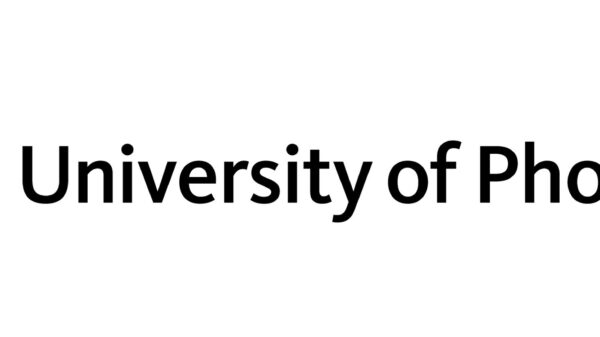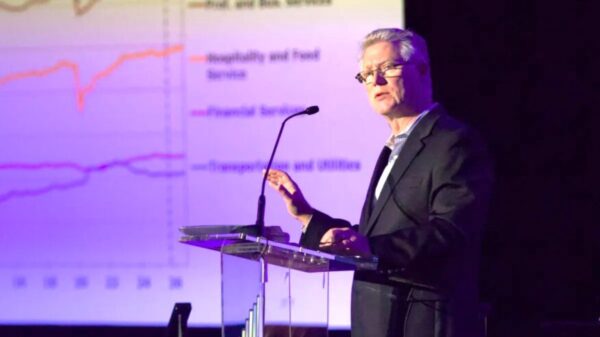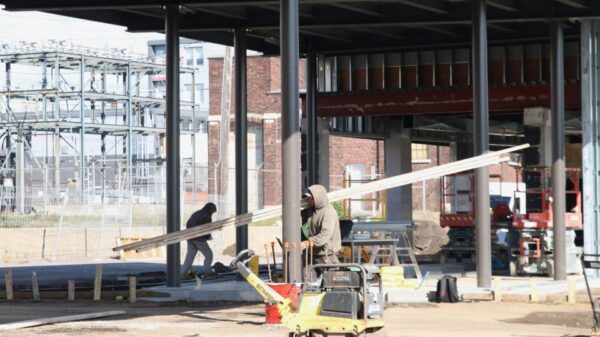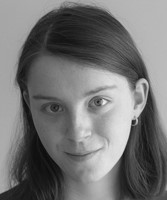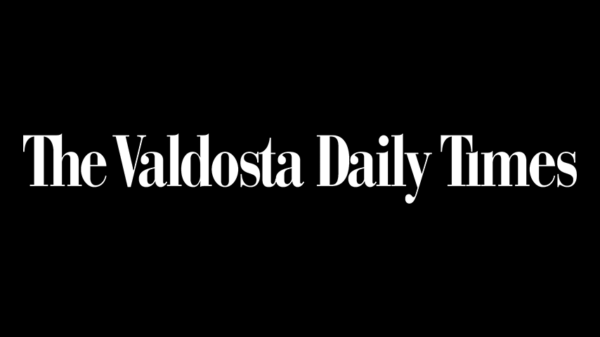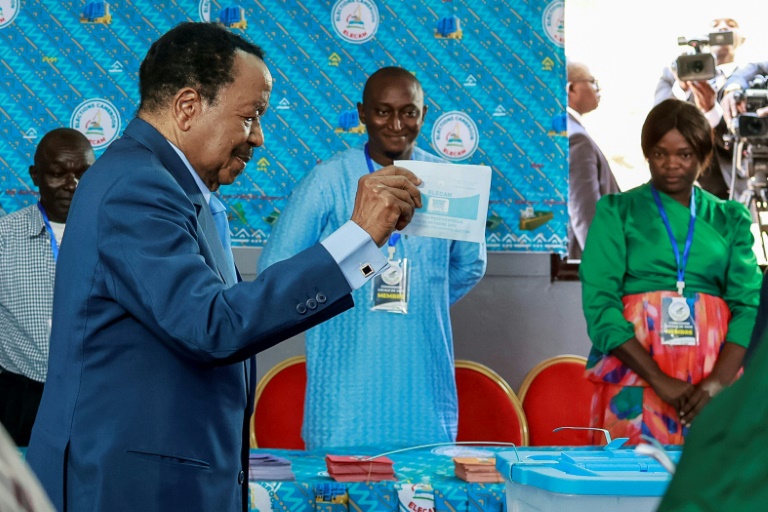Cameroonians cast their votes on October 8, 2023, in a pivotal election expected to secure a record eighth term for the country’s 92-year-old President Paul Biya. As the world’s oldest serving head of state, Biya has dominated the political landscape for over 43 years. Reports indicate that polling stations in the capital, Yaoundé, saw significant voter turnout, with an electoral official stating that the voting process went “calmly.”
Biya faced a diverse slate of 11 challengers, including Issa Tchiroma Bakary, a former employment minister, who emerged as a notable contender despite his age of 79. Bakary’s campaign sparked considerable enthusiasm, especially among younger voters, a demographic that constitutes half of Cameroon’s population. The election, conducted in a single round, involved over eight million eligible voters, many of whom have known only Biya as their leader.
After casting his ballot in the Bastos neighborhood, near the presidential palace, Biya remained non-committal about the election’s outcome, stating, “Nothing is certain. Let’s wait until we know the name of the elected official.” Political analyst Stephane Akoa commented on the political atmosphere, suggesting that while the ruling system has the means to influence results, the campaign had a “much livelier” feel compared to previous elections, which might yield unexpected outcomes.
Polling stations closed at 17:00 GMT, and Jean-Alain Andzongo, an official from the national electoral authority, confirmed the calm conduct of the voting process. Biya maintained a low profile during the campaign, making his first public appearance since May at a rally in Maroua, a region with 1.2 million eligible voters. This area, once a stronghold for Biya, now features several former allies running against him.
Contrastingly, Bakary enjoyed a robust reception in his home region, drawing thousands of supporters who hailed him as “Tchiroma the Saviour.” Having resigned from Biya’s government in June after two decades, Bakary positioned himself as the leading rival following the disqualification of top opposition figure Maurice Kamto by the Constitutional Council. Human rights organizations, including Human Rights Watch, criticized this decision, asserting it undermined the electoral process’s integrity.
Since gaining independence from France in 1960, Cameroon has had only two presidents, with Biya being the second. Despite abundant natural and agricultural resources, approximately 40 percent of the population lives below the poverty line, according to World Bank figures for 2024. Unemployment in major cities stands at 35 percent, leading to widespread dissatisfaction over the high cost of living, lack of access to clean water, healthcare, and quality education.
The youth of Cameroon express a desire for change, yet they have not mobilized to protest as seen in other nations. Akoa noted that while many young people plan to vote, this sentiment has not yet reached the level of activism seen in places like Madagascar and Tunisia. The Constitutional Council is expected to announce the final results by October 26, 2024. Meanwhile, several independent platforms have pledged to release their own results, a move that has drawn criticism from the government, which accuses them of attempting to manipulate public opinion.


